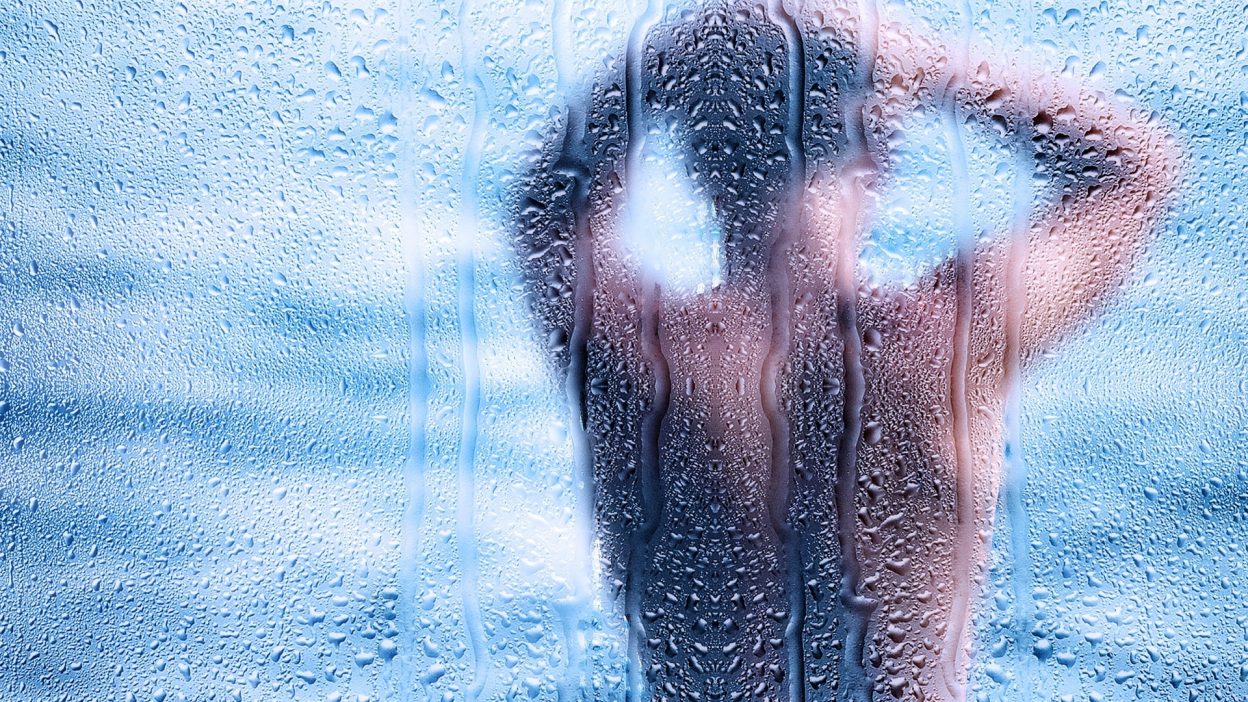Is there a scientifically proven best time to shower?
Some people swear by a morning shower to wake them up, while others can’t sleep without a relaxing evening rinse. But which is actually better? According to experts, showering at night has distinct benefits for sleep quality, skin health, and mental relaxation. Here’s why you might want to reconsider your routine.
1. Evening Showers Improve Sleep Quality
According to Harvard University research, taking a warm shower 90 minutes before bed can help you fall asleep faster. This has everything to do with your circadian rhythm, the body’s internal clock that regulates your sleep-wake cycle.
Here’s how it works:
- Your body naturally cools down before bedtime as part of the sleep process.
- A warm shower raises your body temperature temporarily.
- After the shower, your body cools down even faster, triggering sleepiness.
If you shower too close to bedtime, your body may not have enough time to cool down, making it harder to fall asleep. That’s why experts recommend a 90-minute gap before getting into bed.
2. Showers Can Boost Creativity and Mental Health
Ever had your best ideas in the shower? That’s because showering triggers a dopamine release, a brain chemical linked to creativity and problem-solving.
According to Dr Alice Flaherty, a neuroscientist, warm showers are one of the top triggers for dopamine production. They create a relaxing, distraction-free environment that helps your mind wander—a state that enhances creativity.
Additionally, showers can act as a mental reset after a long day, helping to reduce stress, clear your thoughts, and promote relaxation before bed.
3. Night Showers Help Keep Your Skin Healthy
Throughout the day, your skin collects dirt, sweat, oil, and bacteria from:
Commuting, public transport, or work environments
Air pollution, pollen, and dust
Touching your face, phone, and other surfaces
Sleeping without washing off these impurities can clog pores, cause breakouts, and lead to skin irritation.
A night-time shower allows you to:
- Wash away dirt and oil, reducing the risk of acne.
- Maximise skincare products – applying creams and serums to clean skin at night ensures better absorption.
- Prevent allergies – showering removes allergens like pollen and dust, reducing the chances of nighttime congestion.
According to the American Association of Dermatology, applying skincare products right after a shower helps lock in moisture and improves skin health.
4. Short Showers Are Better for Your Skin
While showers are great for hygiene, taking long, hot showers can damage your skin. Dr Patricia Farris, a dermatologist, warns that excessive showering strips your skin of its natural oils, leading to:
Dryness and irritation
Increased risk of infections
Premature ageing of the skin
The best shower duration? 5 to 10 minutes. Shorter showers help maintain your skin’s natural moisture barrier while keeping you fresh and clean.
5. Washing Hair at Night Is Great for Certain Hair Types
For those with curly or frizz-prone hair, washing at night and air-drying can be a game-changer. It allows curls to set naturally without the damage from heat styling. Also, sleeping with clean hair prevents oil and product buildup on pillowcases, which can contribute to acne and scalp issues.



